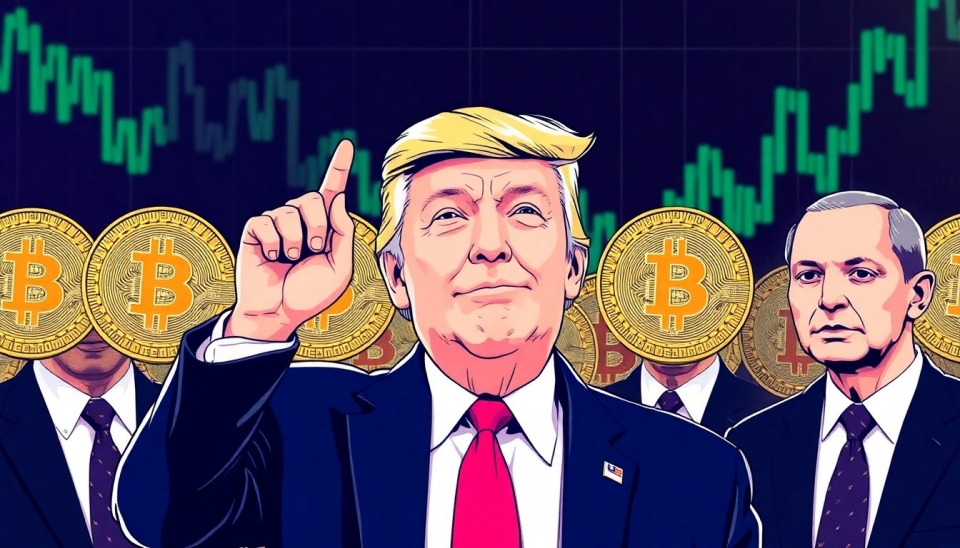
In an unprecedented shift for the world of finance, 2024 has emerged as a pivotal year for Bitcoin as its value has experienced a remarkable surge largely fueled by the explosion of Exchange-Traded Funds (ETFs). The cryptocurrency market, which was once viewed with skepticism, is now capturing the attention of both institutional and retail investors alike, marking a turning point in mainstream adoption.
After facing regulatory hurdles and fluctuating market dynamics, Bitcoin's resurgence has been characterized by a new wave of optimism brought about by the introduction of various Bitcoin ETFs. These financial instruments have not only opened the floodgates for significant investments but also provided a more structured way for traditional investors to gain exposure to the digital asset without directly purchasing the cryptocurrency itself.
The launch of Bitcoin ETFs has been particularly noteworthy, as they have simplified the investment process, allowing a broader audience to engage with Bitcoin. Analysts predict that the ability to invest in Bitcoin through familiar stock market mechanisms will lead to an increased influx of capital, pushing the digital currency's value to new heights. This surge is reflective of a keen interest among investors looking to hedge against inflation and diversify their portfolios amid uncertain economic conditions.
As the narrative around Bitcoin evolves, it becomes clear that regulatory support has played a fundamental role in this transformation. The approval of these ETFs by financial authorities was a significant milestone that added legitimacy to Bitcoin as an asset class, breaking down barriers that previously deterred potential investors. This newfound acceptance has ignited discussions amongst major financial organizations, further embedding Bitcoin into the fabric of global finance.
Notably, this year has seen Bitcoin not just existing alongside traditional equities, but increasingly demonstrating its potential as a standalone asset. This is particularly evident in price movements that coincide with broader market trends, suggesting that Bitcoin may now be considered a new frontier of investment that complements existing portfolios rather than merely serving as a speculative asset.
Moreover, the excitement surrounding Bitcoin is not limited to established investor circles. Young investors are also drawn to the digital asset, seeking innovative ways to utilize technology for financial empowerment. Many are turning to platforms that offer fractional investing in Bitcoin, making it more accessible than ever before. This democratization of investment in Bitcoin signals a shift in generational wealth perception and participation in financial markets.
However, investment in Bitcoin and related ETFs is not without risks. Experts caution potential investors about the inherent volatility associated with cryptocurrencies. While the upward trajectory may be enticing, the potential for significant downturns exists. Therefore, it is essential for investors to conduct thorough research and consider their risk tolerance before diving into Bitcoin investments.
As we close in on the end of 2024, the question on many minds remains: will Bitcoin continue its voyage towards mainstream acceptance? With the momentum building from ETF investments and increasing regulatory backing, the prospects for Bitcoin appear brighter than they have in recent years. All eyes will be on how institutions adapt and respond to this bullish sentiment, and whether this year will be remembered as the turning point for Bitcoin in the financial world.
As the landscape of cryptocurrency continues to evolve, one thing is clear: 2024 has set the stage for Bitcoin as a serious contender in the global investment arena, with ETFs leading the charge. The coming months may hold further surprises as more investors join the Bitcoin revolution.
#Bitcoin #ETFs #Cryptocurrency #FinancialRevolution #Investing #2024Trends #MainstreamFinance
Author: Michael Turner




